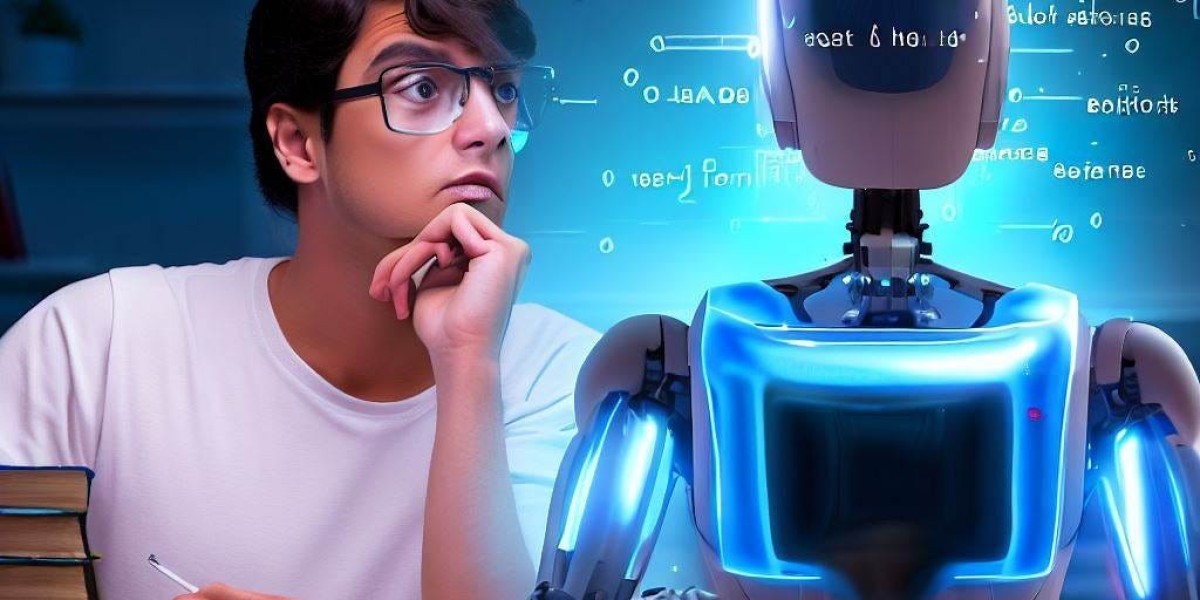AI tutoring, also known as artificial intelligence tutoring or intelligent tutoring systems (ITS), is transforming the way students learn and teachers teach. By leveraging machine learning, natural language processing, and data analytics, Ai Tutoring platforms provide personalized, on-demand academic support that adapts to each learner’s individual needs.
What Is AI Tutoring?
AI tutoring refers to the use of artificial intelligence technologies to offer educational support in a way that mimics human tutors. These systems are designed to analyze student responses, track progress, identify gaps in knowledge, and provide customized feedback and guidance. Unlike traditional tutoring, AI tutors are available 24/7, making learning accessible anytime and anywhere.
Key Features of AI Tutoring Systems
Personalized Learning Paths
AI tutors assess a student’s strengths and weaknesses and deliver tailored content, ensuring that learners receive targeted support rather than a one-size-fits-all curriculum.Instant Feedback and Assessment
AI systems can evaluate answers in real-time and provide immediate corrections or suggestions, helping students understand mistakes and improve faster.Adaptive Learning
As students progress, AI tutoring platforms adapt by modifying the difficulty level and focus areas, offering a dynamic and engaging learning experience.Interactive and Engaging Interface
Many AI tutors incorporate gamification, visual aids, and interactive simulations to keep learners motivated and interested.Data-Driven Insights
Teachers and parents can access detailed reports on a student’s performance, strengths, and areas needing improvement, allowing for more effective support outside the platform.
Benefits of AI Tutoring
Accessibility: Students can receive help anytime, without waiting for a human tutor’s availability.
Affordability: Many AI-based tutoring solutions are more cost-effective compared to traditional private tutoring.
Scalability: AI can support thousands of learners at once, making quality education more widely available.
Consistency: Unlike human tutors, AI tutors never get tired or distracted and maintain a consistent teaching approach.
Popular Applications of AI Tutoring
K–12 Education: Helping students master math, science, reading, and more through interactive AI programs.
Higher Education: Supporting college students with coursework, test prep, and research assistance.
Language Learning: AI tutors like Duolingo use NLP to teach grammar, vocabulary, and pronunciation effectively.
Test Preparation: Platforms like Magoosh or Khan Academy use AI to prepare learners for exams like SAT, GRE, or IELTS.
Limitations and Challenges
While AI tutoring brings many advantages, it is not without limitations:
Lack of emotional intelligence and empathy found in human tutors.
Dependence on technology, which may be inaccessible to students in underserved areas.
Potential privacy concerns around data collection and usage.
The Future of AI Tutoring
As AI continues to evolve, its role in education is expected to expand. Future AI tutors may include advanced virtual assistants with voice interaction, emotional intelligence, and real-time collaboration capabilities. They could work alongside teachers to offer hybrid learning models, combining the best of human instruction and artificial intelligence.
Conclusion
AI tutoring is revolutionizing the education sector by making personalized, efficient, and accessible learning a reality for millions. While it may not replace human educators, it serves as a powerful supplement, helping students reach their full potential with smart, scalable support.








